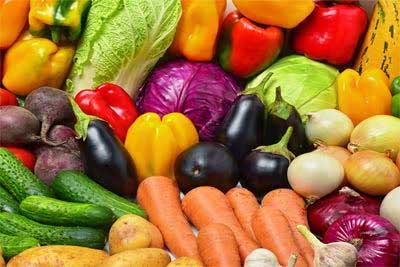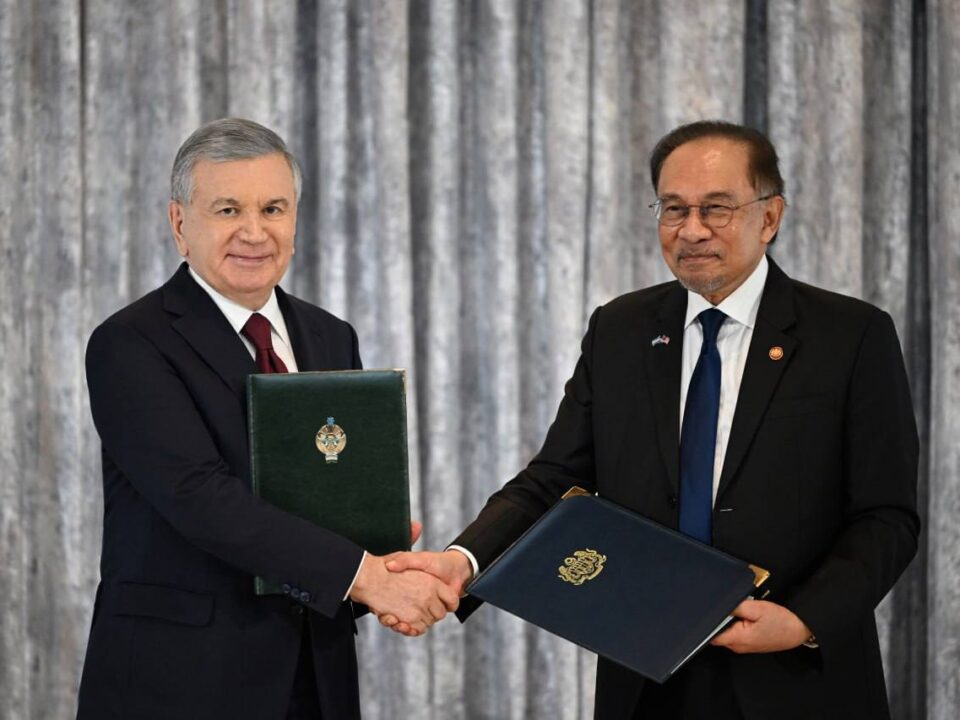Tashkent hosted a roundtable “Experience of Uzbekistan on protecting, adhering of rights and creating decent working conditions for workers, operating in agriculture sector”.
Representatives of UNDP, UNICEF, ILO, World Bank, IFC, European Union, Embassy of Great Britain, Germany, USA, France, Switzerland, Ministries and departments, as well as NGOs of Uzbekistan participated in the event.
It was noted that Uzbekistan is developing agriculture sector. Uzbekistan produced 3.35 million tonnes of raw cotton, over 8 million tonnes of wheat, 10 million tonnes of vegetables, 2.7 million tonnes of potatoes, 1.8 million tonnes of melons, 2.7 million tonnes of fruits and barriers, as well as 1.5 million tonnes of grape.
Number of cattle reached over 11.6 million heads and the country produces over 2 million tonnes of meat, 9 million tonnes of milk, as well as 5.5 million eggs.
Uzbekistan stage-by-stage carries out reforms in agriculture sector. In particular, Uzbekistan plans to decrease areas, allocated to cotton, and increase production of food culture such as wheat, vegetables, melons and potatoes. By 2020, it is planned to decrease production of raw cotton by 350,000 tonnes.
Uzbekistan currently exports fruits and vegetables to over 80 countries of the world. Uzbekistan introduced public procurement for fruits and vegetables. This year, it is planned to procure 4 million tonnes of fruits and vegetables, of which 1.4 million tonnes will be exported. Uzbekistan plans to increase exports of fresh and processed products by 2.7 times by the end of 2020, including tinned, concentrates and juices – by 2.5 times.
Within the reforms, Uzbekistan will focus on promoting human rights of workers, operating in the agriculture sector.
Uzbekistan is implementing a country programme on decent wok in cooperation with ILO and World Bank, which includes to implement international labour standards and ILO Convention.
The roundtable participants discussed adopted plan of measures on improving conditions of labour, employment and social protection of workers in agriculture sector for 2016-2018. The participants considered implementation of the adopted plan.


























